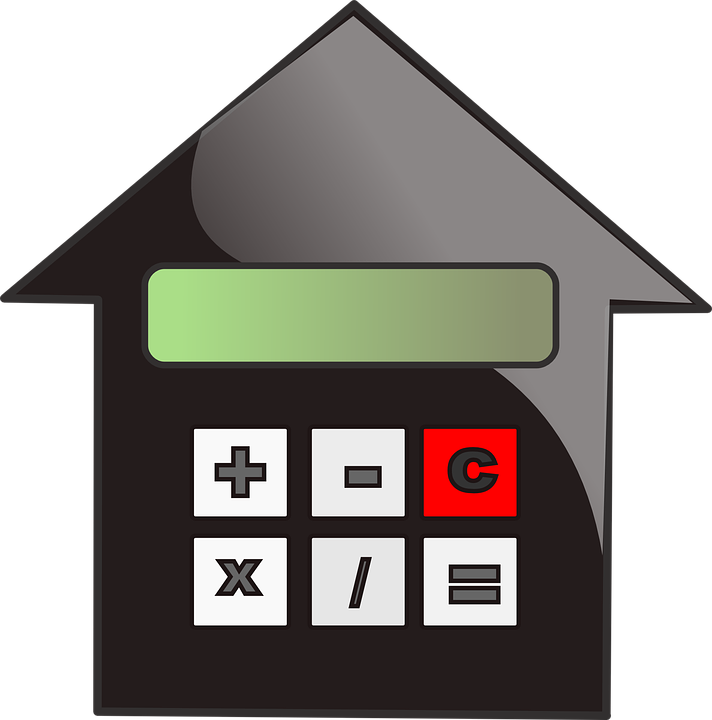Second-charge products, by both volume and value, are more likely to be required by debt consolidation borrowers, rather than prime borrowers, according to the Evolution Money quarterly data tracker.
Looking at its total lending data for the last three months, up until the end of November 2021, the product split by volume of mortgages is 77% debt consolidation/23% prime, and by value 67% debt consolidation/33% prime.
During the previous two quarters covered by the tracker, lending by volume to prime borrowers had been around 10% higher than this quarter, and there was a more even split between debt consolidation and prime.
For those borrowers specifically using a second-charge mortgage for debt consolidation purposes, the average loan amount has increased just slightly to £21,448, with an average term of 123 months, and average loan-to-value (LTV) also increasing to 73.9%.
Borrowers, on average, continued to consolidate five specific debts, however the average value of the debts consolidated increased to £15,358.
To find out more about how we can assist you with your Second Charge Mortgage please click here
For prime borrowers, the average loan amount has also increased up to £35,215, with an average term of 153 months, and an average LTV also increasing to 72% from 69%.
Prime borrowers are typically taking out these second-charge mortgages again for debt consolidation (55%), home improvement and some consolidation (23%) and home improvement (18%).
Borrowers were also utilising second-charge loans to pay for vehicles and to fund existing business ventures. The average number of specific debts being consolidated by prime borrowers has remained at five, and the average value of the debt has increased again to £23,160.
Steve Brilus, chief executive of Evolution Money, said: “Second-charge products have always been used by homeowners for debt consolidation purposes, however in previous iterations of the tracker we were starting to see a growing number of prime borrowers using seconds for purposes which were not purely to pay off debts.
“This time around however, it’s clear there has been a shift back in favour of debt consolidation and this is likely to be fuelled by the data coming from a period when government support was being removed, particularly with regards to furlough, and the fact that many people who had accumulated debts during the pandemic were looking for solutions to pay those more expensive debts off.
“This may be why we’ve seen an increase in both loan amount and the average value of debts consolidated by both debt consolidation and prime borrowers, and why LTVs have moved upwards.
“We should not underestimate the benefits that debt consolidation can provide and with second-charge rates likely to be much lower than many other forms of debt, it makes perfect sense for some homeowners to take out a second-charge and pay off their more expensive debts first.
“It’s likely that as we move into 2022 debt consolidation will continue to remain the number one reason for taking out a second-charge mortgage, however we should not rule out more prime borrowers requiring these products especially if they were able to secure an ultra-competitive first-charge rate over the last 12 months, but still find themselves with a requirement to access further equity.
“2021 was a very strong year for the seconds market, and we certainly believe 2022 will be the same. This is a growing sector of the market which advisers should be active in to help those clients with these specific requirements.”
By Jake Carter
Source: Mortgage Introducer
Discover our Second Charge Mortgage Broker services.


